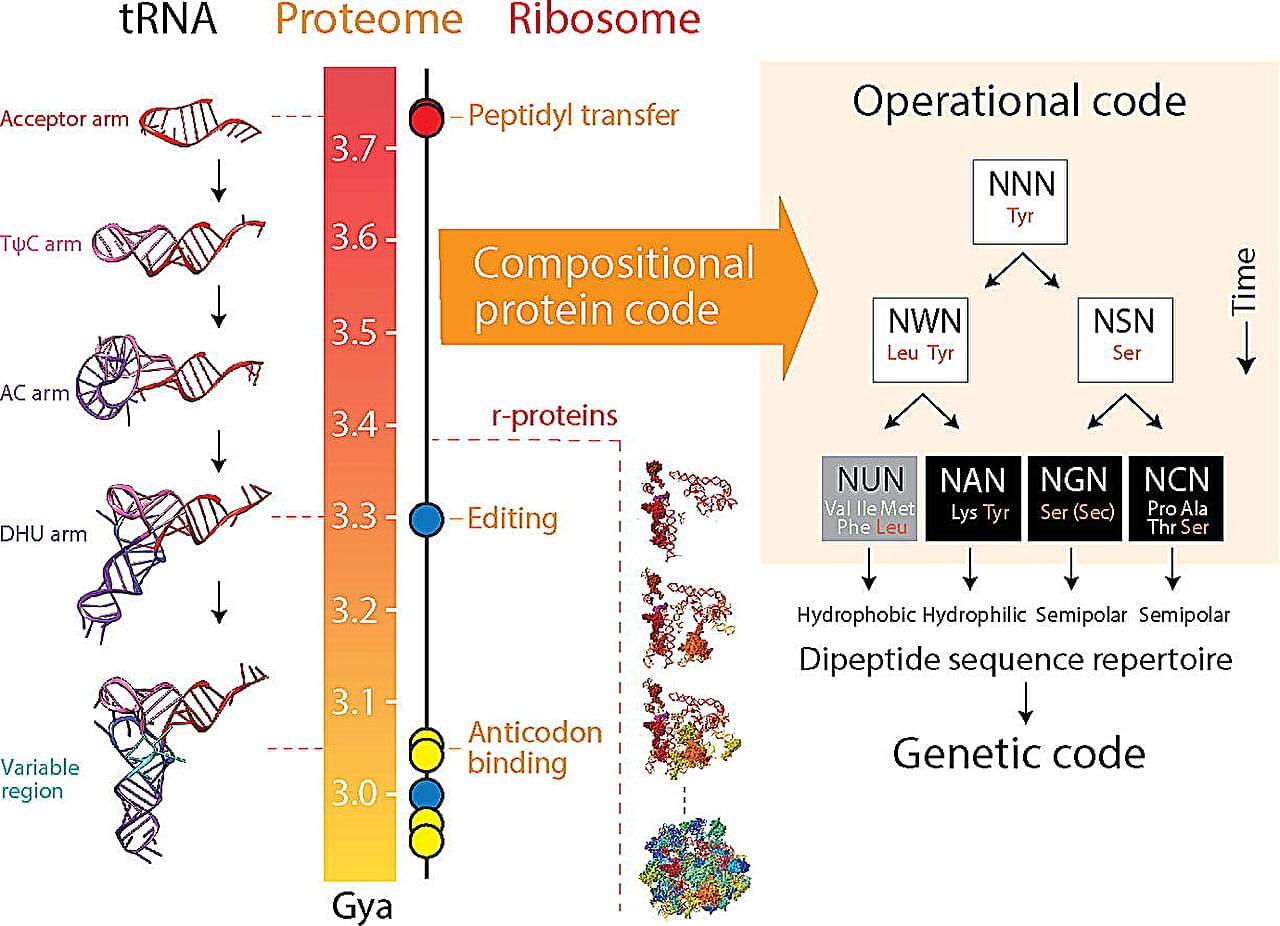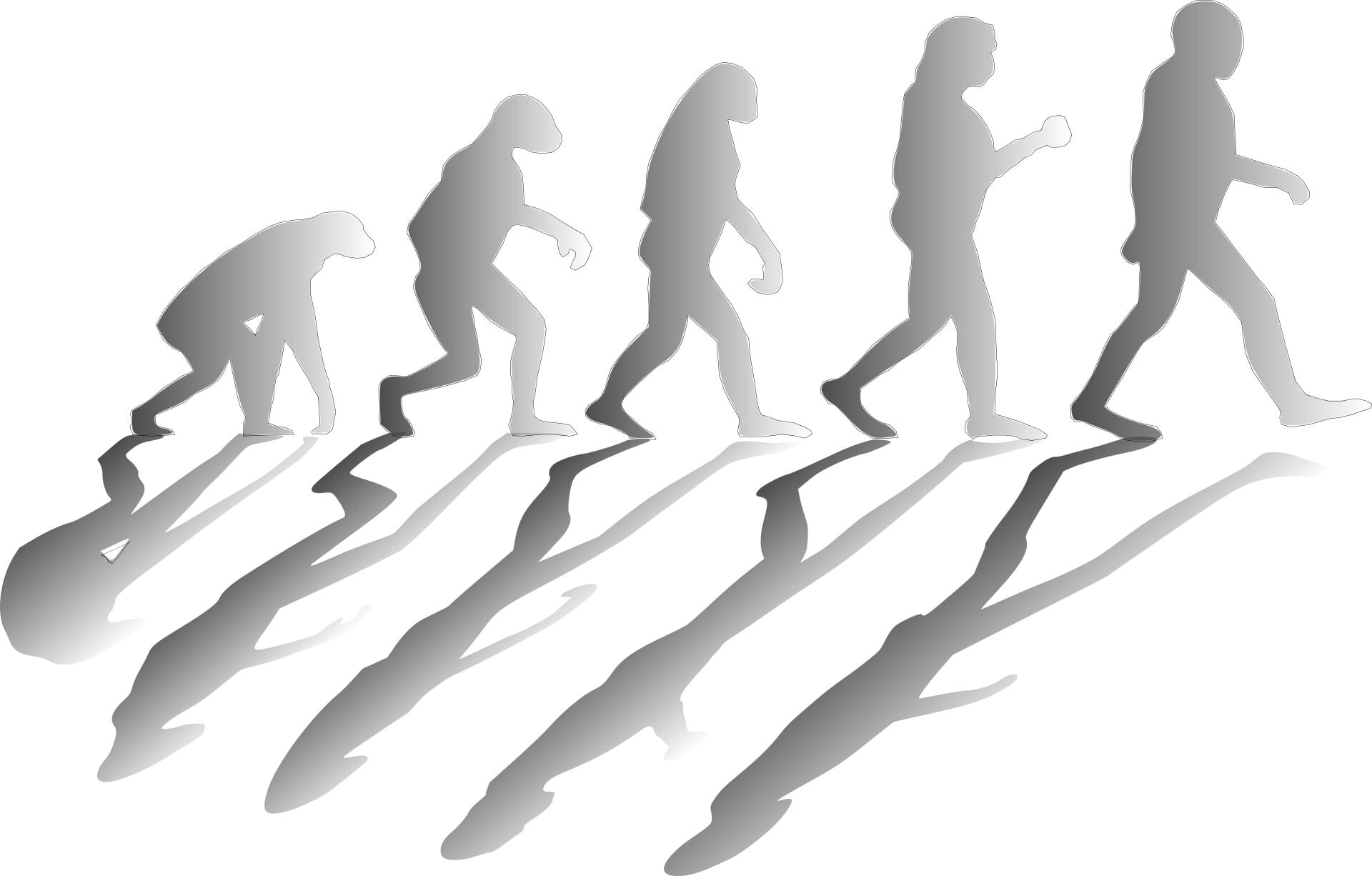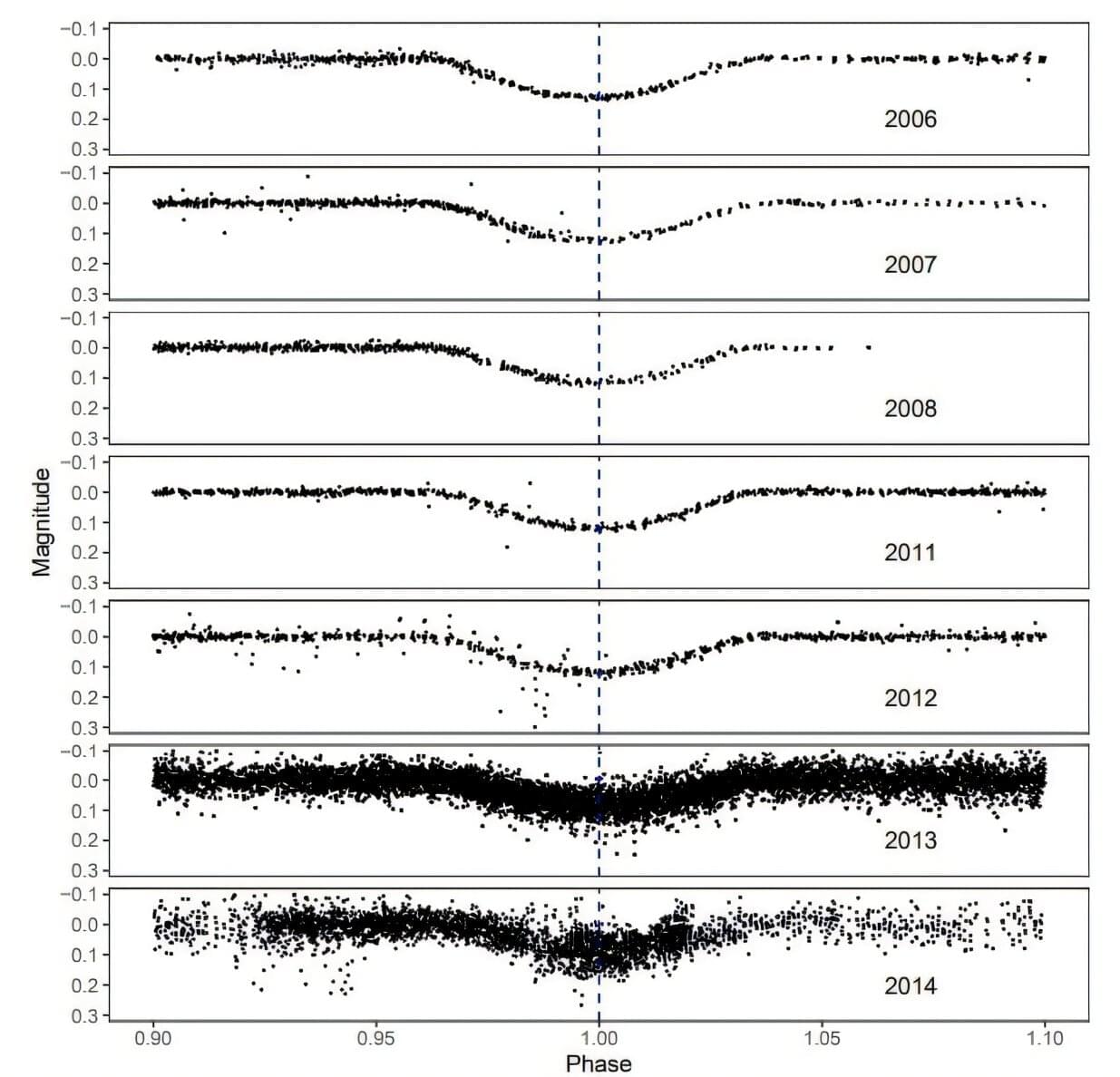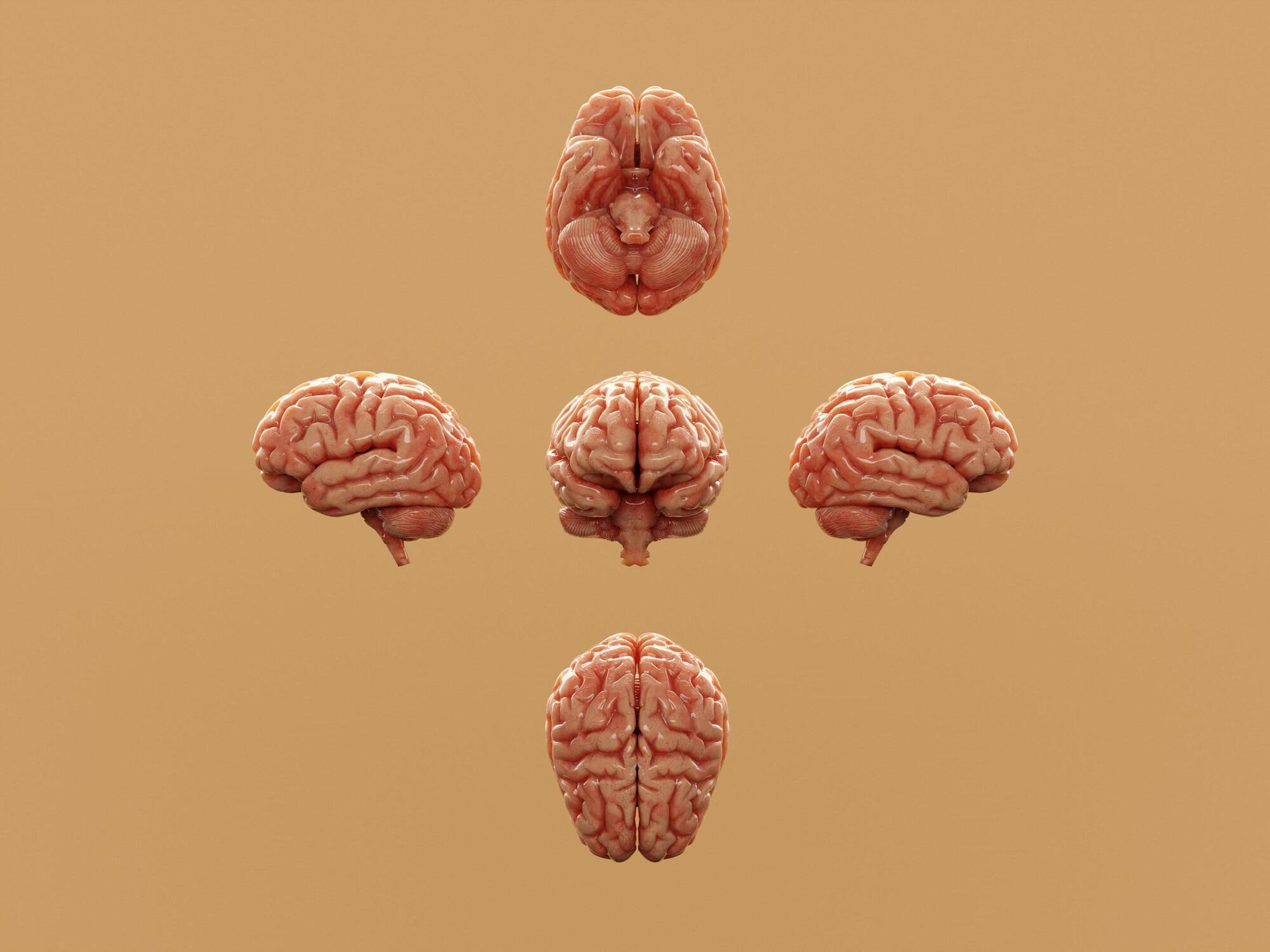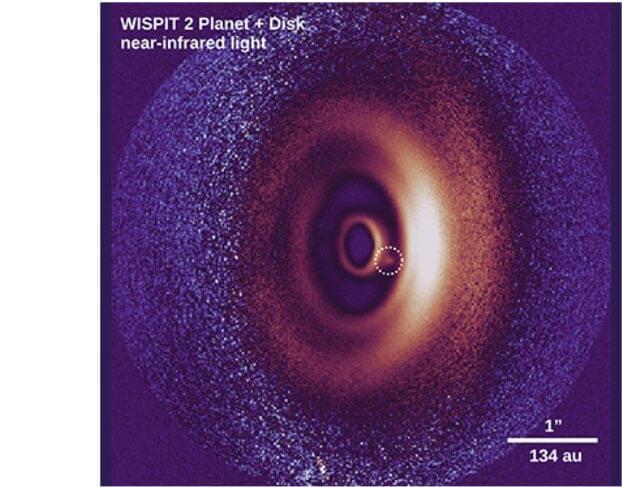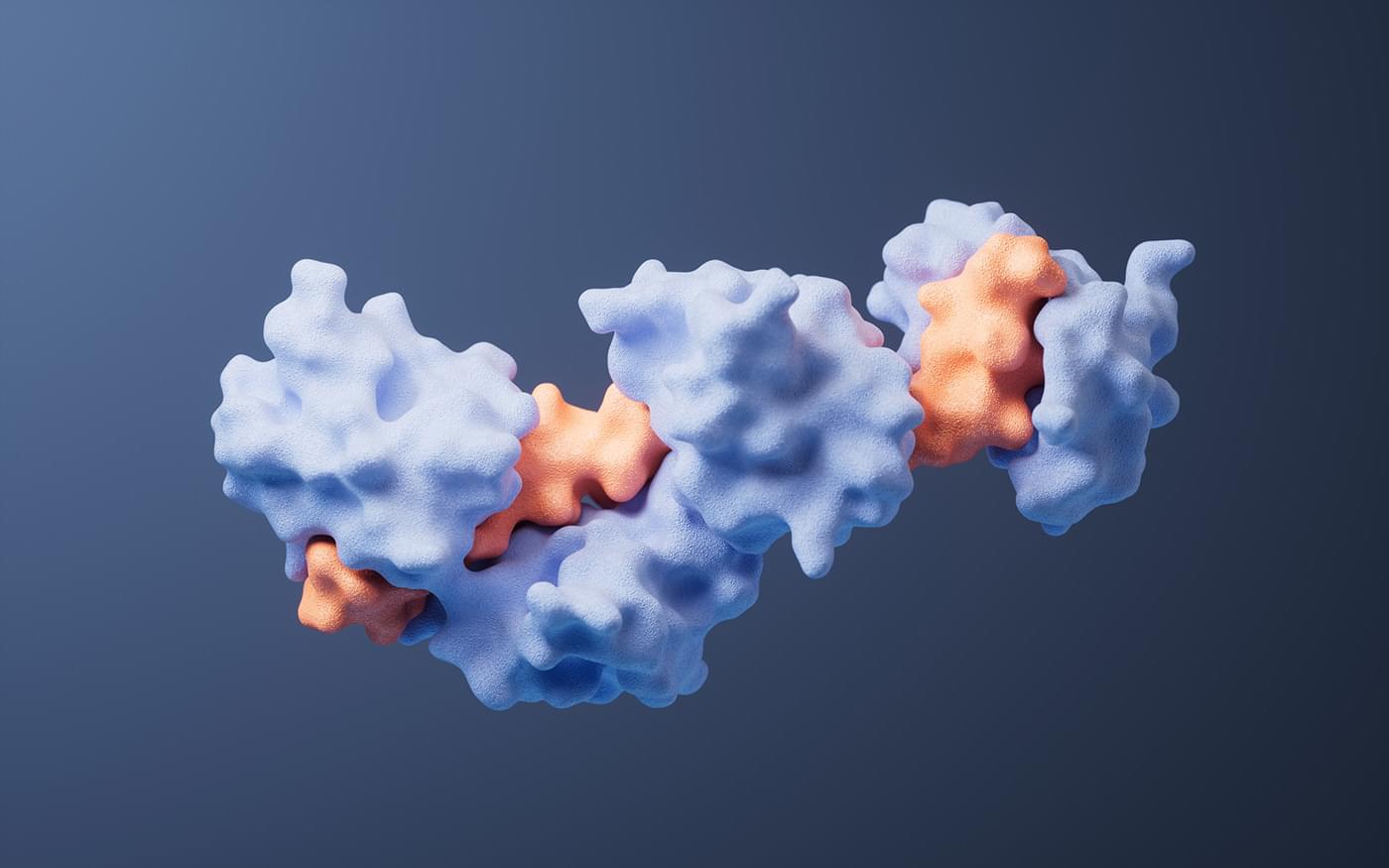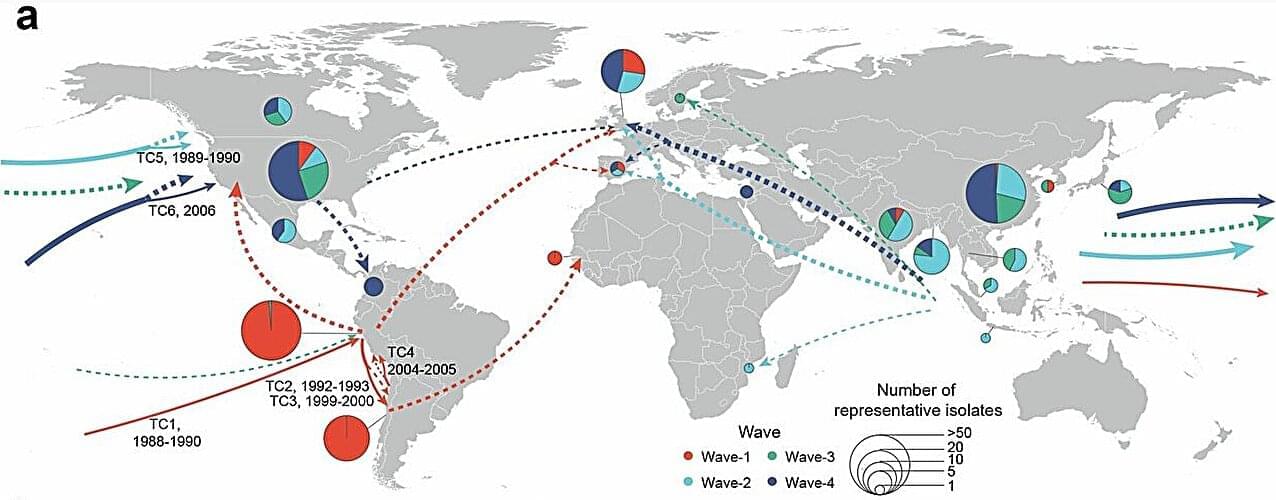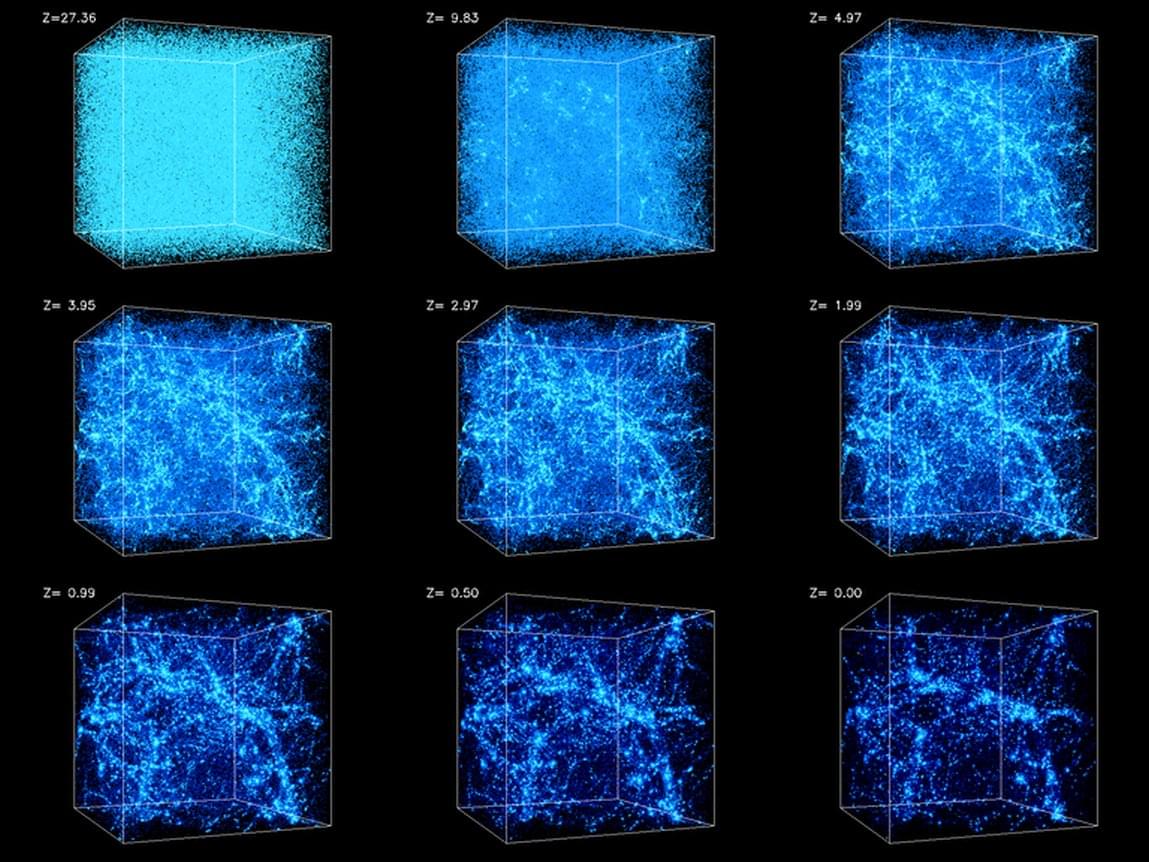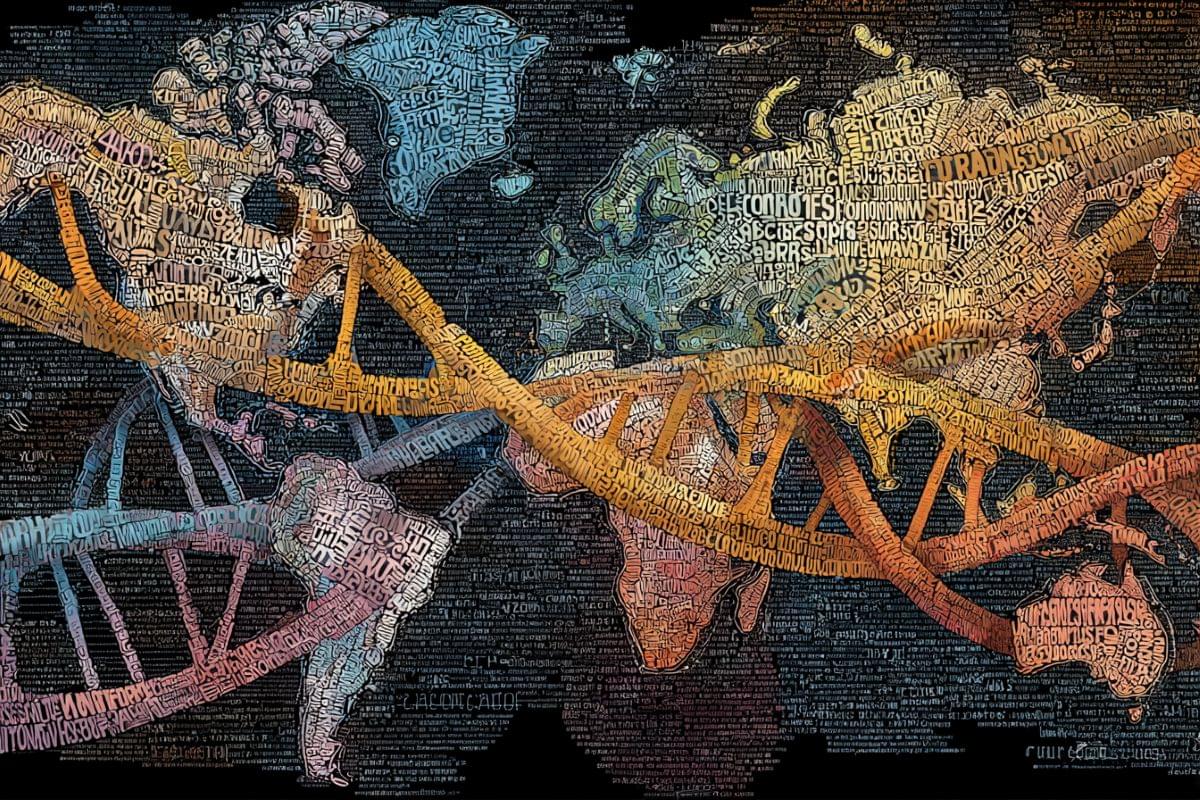This summer, the Large Hadron Collider (LHC) took a breath of fresh air. Normally filled with beams of protons, the 27-km ring was reconfigured to enable its first oxygen–oxygen and neon–neon collisions. First results from the new data, recorded over a period of six days by the ALICE, ATLAS, CMS and LHCb experiments, were presented during the Initial Stages conference held in Taipei, Taiwan, on 7–12 September.
Smashing atomic nuclei into one another allows physicists to study the quark–gluon plasma (QGP), an extreme state of matter that mimics the conditions of the universe during its first microseconds, before atoms formed. Until now, exploration of this hot and dense state of free particles at the LHC relied on collisions between heavy ions (like lead or xenon), which maximize the size of the plasma droplet created.
Collisions between lighter ions, such as oxygen, open a new window on the QGP to better understand its characteristics and evolution. Not only are they smaller than lead or xenon, allowing a better investigation of the minimum size of nuclei needed to create the QGP, but they are less regular in shape. A neon nucleus, for example, is predicted to be elongated like a bowling pin—a picture that has now been brought into sharper focus thanks to the new LHC results.

